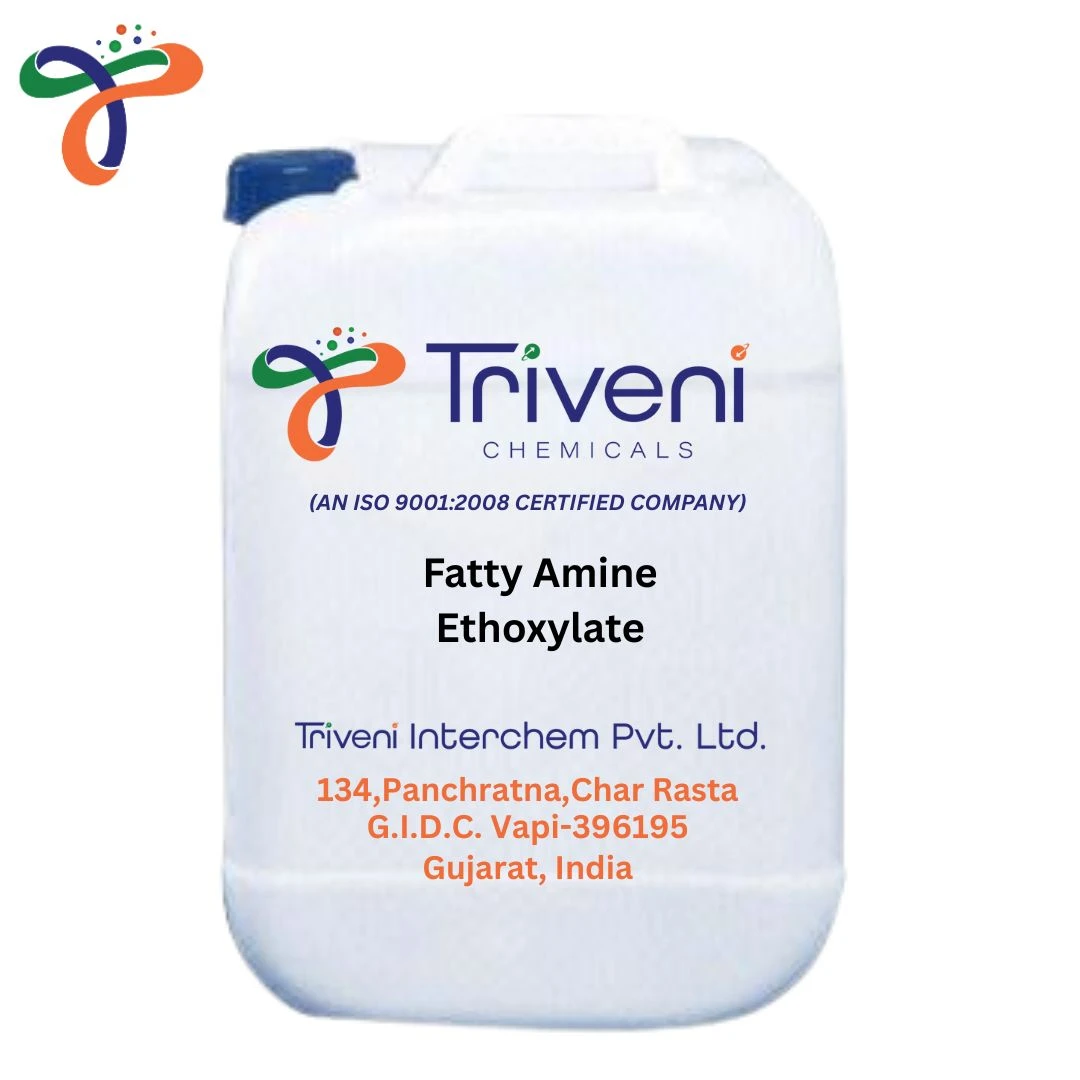Vitamin B1, or thiamine, is an important component that the body needs to function properly. It is essential for the maintenance of a healthy cardiovascular system, neuronal function, and energy metabolism. The body cannot generate the water-soluble vitamin thiamine on its own, therefore it must be received through diet or..
Vitamin B1, or thiamine, is an important component that the body needs to function properly. It is essential for the maintenance of a healthy cardiovascular system, neuronal function, and energy metabolism. The body cannot generate the water-soluble vitamin thiamine on its own, therefore it must be received through diet or supplementation. This is why thiamine is so important. Because it is primarily responsible for converting carbs into energy, it is necessary for the heart, muscles, and neurological system to operate properly. Function in Energy Metabolism: Thiamine is essential for the metabolism of carbohydrates. In many enzyme activities that break down glucose and other sugars to make ATP (adenosine triphosphate), the body's primary energy currency, it functions as a coenzyme, specifically thiamine pyrophosphate (TPP). These metabolic activities are hampered in the absence of enough thiamine, which results in less energy being produced. Nerve Function: The healthy function of nerves depends on thiamine. It contributes to the creation of neurotransmitters, which are necessary for nerve cells to communicate with one another. Thiamine deficiency can cause nerve damage, which can show up as symptoms like tingling, numbness, and weakening in the muscles, or even more serious disorders like Wernicke-Korsakoff syndrome or beriberi. Cardiovascular Health: A healthy cardiovascular system is also facilitated by thiamine. It supports healthy heart function and aids in the synthesis of red blood cells. A thiamine shortage has been linked to a higher risk of heart failure and other cardiovascular problems, according to studies. Food Providers: Some good places to get thiamine from food are: whole grains, particularly wheat germ Legumes (lentils, beans) Nuts and seeds (macadamia nuts, sunflower seeds)pig Yeast bread and cereals fortified Thiamine Deficiency: Inadequate food consumption, drunkenness (which can cause poor thiamine absorption and increased excretion of the vitamin), several medical conditions, or prolonged intravenous feeding without thiamine supplements can all contribute to thiamine deficiencies. Fatigue, irritability, muscle weakness, impaired memory, and nerve damage are some of the signs of deficiency. In summary, vitamin B1, also known as thiamine, is a necessary mineral that is vital for neuron function, energy metabolism, and cardiovascular health. To prevent deficiencies and promote general health, it's critical to eat a sufficient amount of foods high in thiamine.
- Thiamine is a vitamin, different from Thickener used in food and industry.



